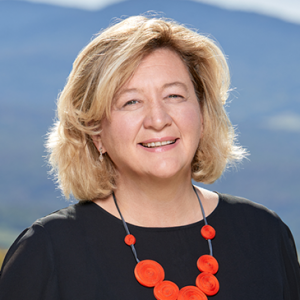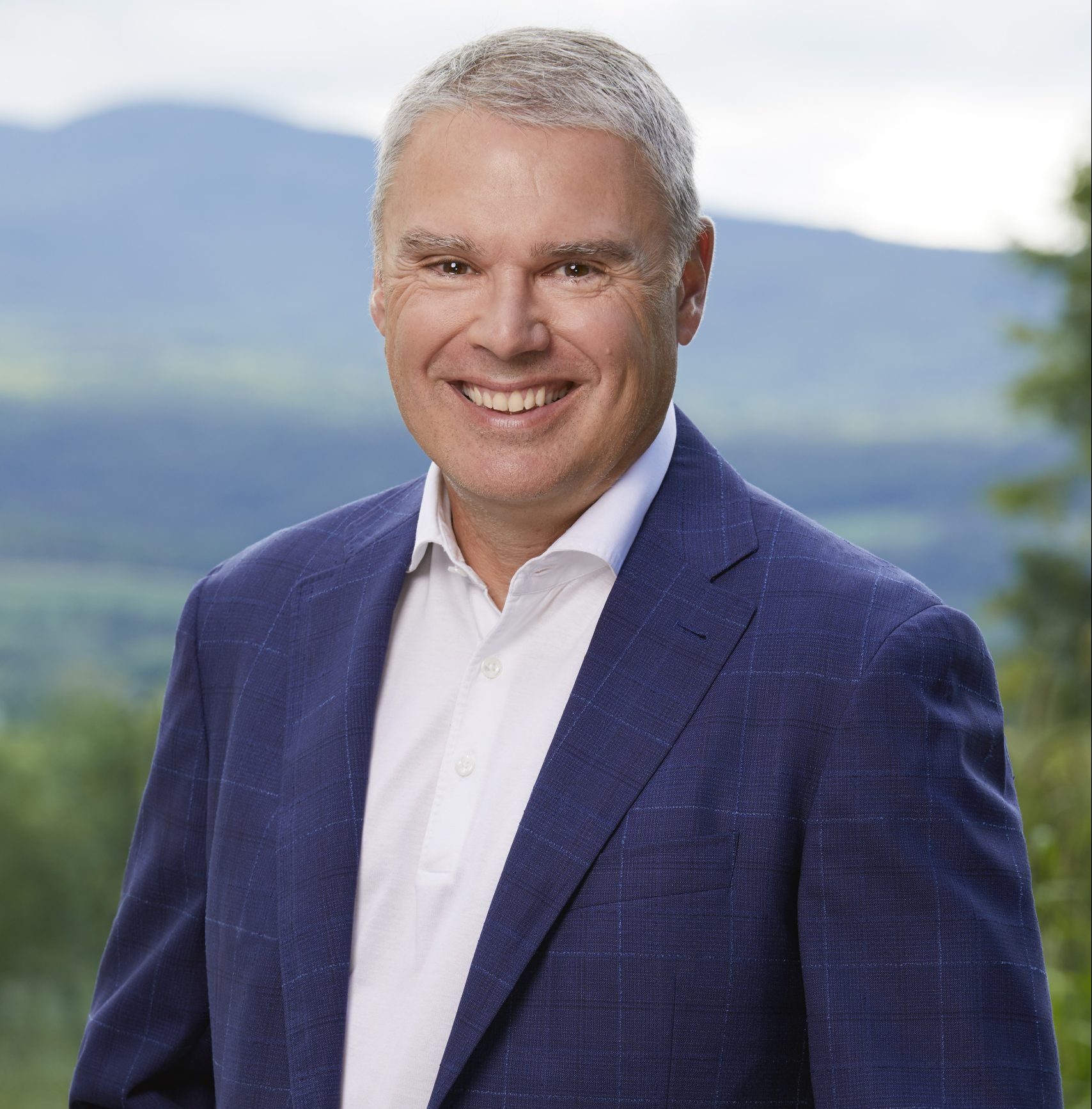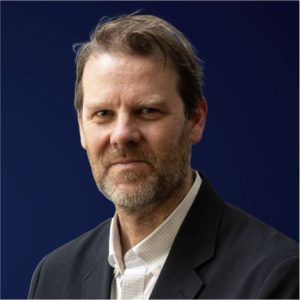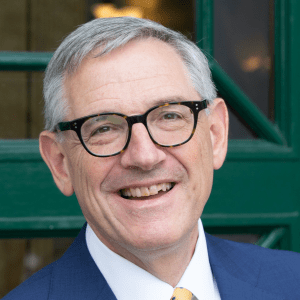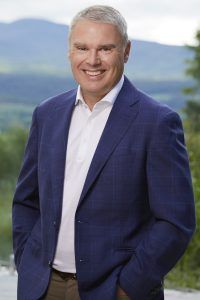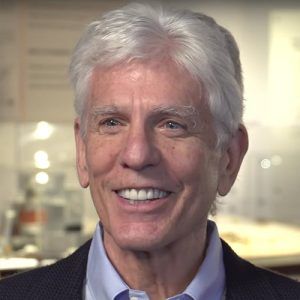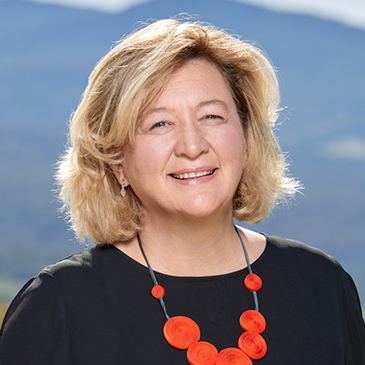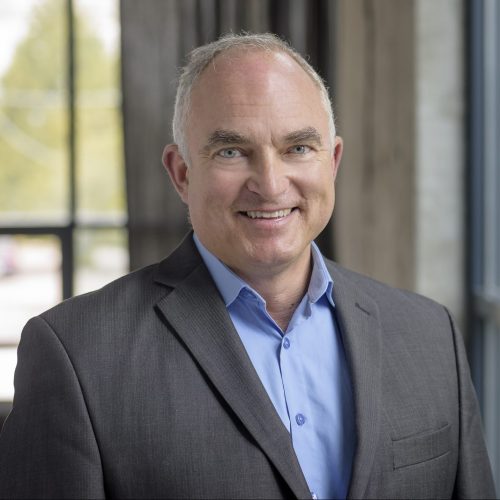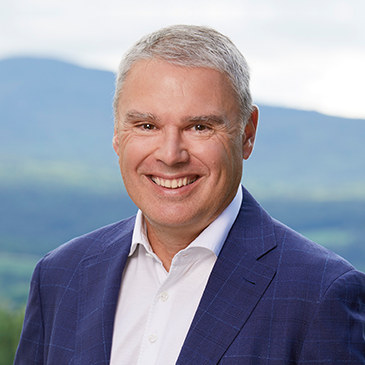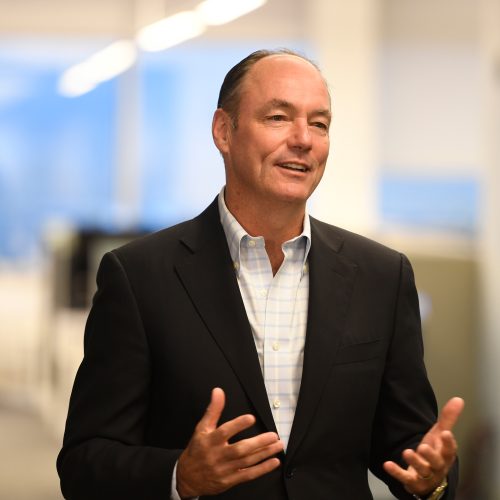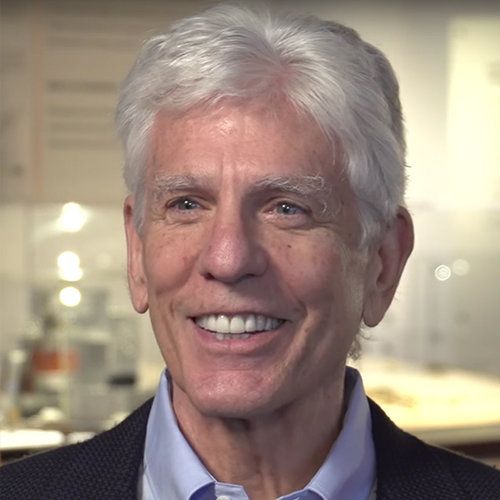
Tuesday May 16, 2023
Opening + Keynote
Panel 1: Net-Zero Mobility
What are the opportunities and challenges to attaining a net-zero mobility system?
According to the International Energy Agency, the transport sector has the highest reliance on fossil fuels of any industry and accounted for 37% of CO2 emissions from end‐use sectors in 2021. Therefore, getting the transport sector on track with the net-zero goals requires implementing a broad set of measures, and solutions and encouraging modal shifts to low-carbon energy and operational and technical energy efficiency measures to reduce the carbon intensity of all transport modes. The panel will discuss the opportunities and challenges that come with a shift towards net-zero mobility, along with the best short and long-term measures that stakeholders should take.
Break
10:35 AM – 10:50 AM
Panel 2: Electricity Grid
11:00 - 11:45

Moderator: Shirley Speakman
Cycle Capital
Modernizing the Grid: How distributed energy resources can pave the way to a clean power grid
Global power sector CO2 emissions (from both electricity and heat production) increased by close to 700 Mt CO2 in 2021, reaching an all-time high of more than 14 Gt, driven by a strong increase in coal-fired electricity generation compared to the year before. As a fully decarbonised electricity sector is the essential foundation of a net zero energy system, new approaches are required that accelerate the integration of clean energy sources into the grid. The panel will discuss the complexities of transforming the power sector and how policies and technologies can incorporate distributed energy sources into the grid.
Lunch
11:45 AM – 1 PM
Panel 3: Sustainable Finance
How unlocking capital to finance climate tech solutions can deliver sustainable growth
In recent years, countries have been setting net-zero emission targets to transition their economies for a low-carbon future and harness the growth opportunities that lie from using new innovative climatetech solutions. However, Mckinsey’s research notes that ~$9.2 trillion in annual average spending on physical assets will be required to transition to a net-zero economy. The sustainable finance panel will bring industry experts to discuss the intersection of financial stability and environmental responsibility and how companies and investors can scale solutions, deploy and unlock capital to accelerate the energy transition.
Startups showcase

FTEX
FTEX designs and builds power management systems that increase the range of small electrical vehicles by up to 30%.

AXYA
AXYA connect buyers and suppliers in the manufacturing industry with its online platform to create a local supply chain.

DISPERSA
Dispersa’s goal is to bring natural and affordable biosurfactants to the market via a unique production platform that allows for the scaling up of custom-made biosurfactants for specific industries.
2:45 - 2:55
Hosted By

Guillaume Synnott
Partner, Fasken
Fasken Cycle Momentum ClimateTech Innovation Bursary

Break
2:55 PM – 3:10 PM
3:10 - 3:15
Electrons and Molecules: A brief look into Climatetech Solutions and Opportunities
3:15 - 3:45
How the early days of Silicon Valley resonate with today’s challenge to transition towards a net-zero economy
Panel 4: Circular Economy
Could a “circular economy” approach enable countries and businesses to meet their net-zero agenda?
The circular economy is a concept that aims to keep resources in use for as long as possible, extracting the maximum value from them before recovering and regenerating them. This approach is seen as a way to reduce waste, conserve resources, and minimise the environmental impact on the economy. In the context of reaching net-zero goals, the panel will discuss the role circular economy can play in building a more sustainable and resilient economy.
Closing Remarks
Cocktail
5:00 - 7:00
Cocktail in the room


